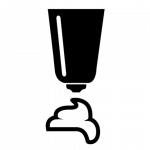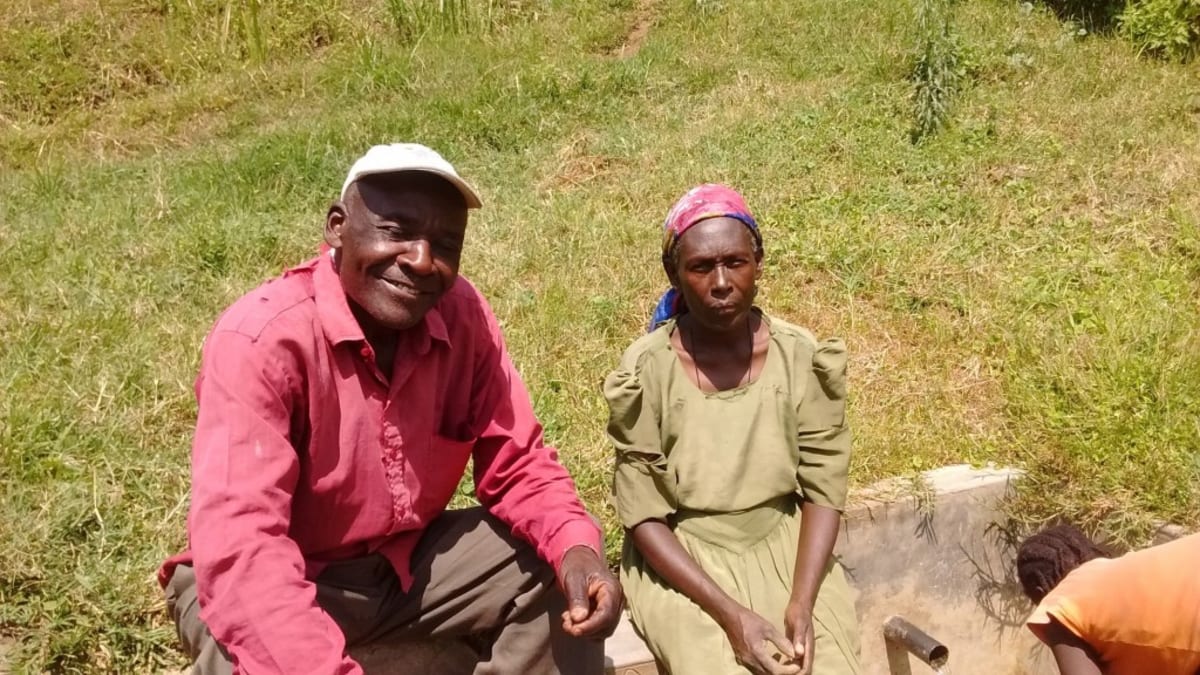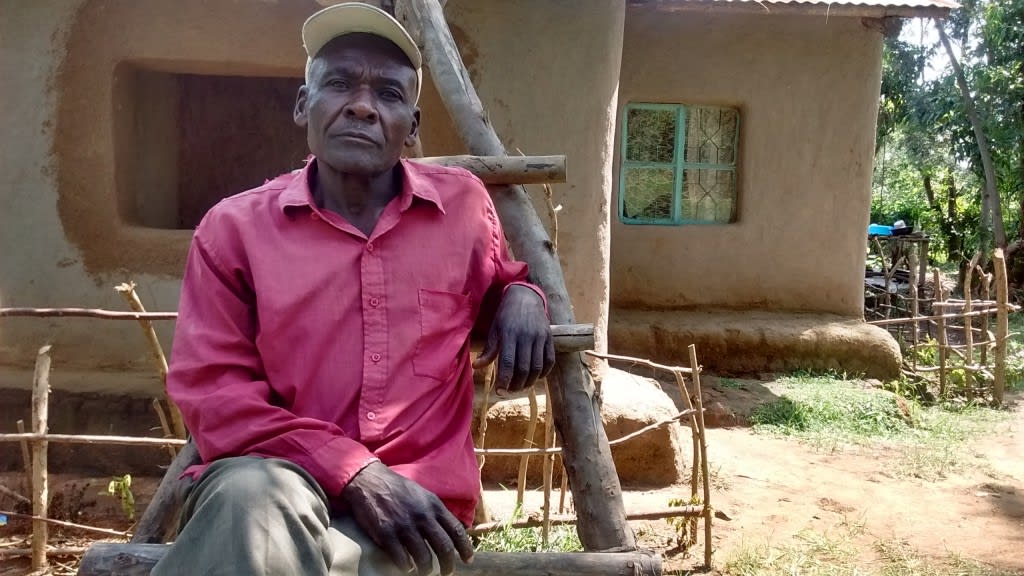Welcome to the Community
For a normal day in Lwesero Community, women and girls wake up at 5am to prepare breakfast for the rest of their family members. At around 6:30am, they leave for Emukoko Spring to fetch water for the rest of the household chores. On average, a local must make 8 -10 trips in a day to collect enough water for watering animals, cooking, cleaning, and drinking.
At around 8am people head over to their farms tend sugarcane and maize, while others take their animals to graze. Others try to make a living selling goods as petty traders.
After preparing lunch, women and men have separate community meets; women have women's group, and men have men's group until about 5pm. When women return home, it's time to go to the river again to fetch water for preparing supper.
Water Situation
On learning that Emuyokha Spring in a neighboring village is protected and sparing people their time and health, the leadership at Emukoko Spring sent in their own application for a project. They know that as long as their Emukoko Spring is still unprotected, they will continue to suffer from waterborne disease. Some locals even decided to start making the trek two kilometers away to Emuyokha, since they heard it was safe. This very long journey back and forth for water wastes a huge amount of time for women and children, and has resulted in a greater conflict at home.
After visiting Emukoko Spring for ourselves, it was easy to see the need for a spring protection project. Locals dunk a small container directly in the spring to fill a larger jerrycan, which normally holds 20 liters. Small children can start with a five-liter jerrycan, but the bigger the better! More water means less trips to the spring. But more dirty water isn't good - Due to a lack of awareness about water pollution, many locals wash clothes, water animals, and even bathe in the spring. Farming is also done very close to the water, resulting in various chemical fertilizers and pesticides washing into the spring's water during rains.
Once a woman or child totes their full container back home, it is consolidated in a larger 100 to 200-liter barrel.
The village leader, Alfred Makuba, speaks about this situation:
"We are very happy for what WEWASAFO is doing in our community; they protected Emuyokha Spring and the beneficiaries have increased, as well as resulted to reduced rates of waterborne diseases. Beneficiaries from Emukoko Spring have been walking over 2km to access safe water at Emuyokha Spring!
Due to the distance most people, especially children, opt for the water from Emukoko Spring though it's unprotected. This has caused rampant cases of diarrhea diseases and especially stomachaches, typhoid and amoeba."
A lot of money is spent on treating complications from drinking Emukoko Spring's water, and is probably a key reason for poverty in this village. And if women and children want to find a source of cleaner water, a lot of time and potential is wasted that could have been used economically.
Sanitation Situation
No more than half of households have a pit latrine. Open defecation is a huge issue in this area! Any latrines that we saw are in a dilapidated and dangerous state. Women and children fear using these latrines, and thus opt for relieving themselves in the open. Mary Makovi (picture can be found in the "See Photos & Video" section), a mother who lives near Mukoko Spring said that "We don’t have a toilet, as our toilet collapsed so we go to the bush. We go at night and during the day it's difficult to hide from people. It would be much better to have toilets here as women we shall have our privacy and have a sense of dignity. It would be a lot cleaner and the children would suffer from diarrhea a lot less."
No more than half of households have useful tools like dish racks or clotheslines to help safely dry their belongings. We saw that indeed a few people know a little about good hygiene and sanitation, but the majority needs to learn.
Plans: Hygiene and Sanitation Training and Sanitation Platforms
Community members will be trained for three days on a variety of health, hygiene and sanitation topics. This training will result in community members donning the roles of community health workers and water user committee members. The training facilitator plans to use PHAST (Participatory Hygiene and Sanitation Training), CLTS (Community-Led Total Sanitation), and ABCD (Asset-Based Community Development) methods to teach community members, especially the women and children who feel the burden of household responsibility. Training will equip each person with the knowledge needed to practice viable and effective health solutions in their homes and at the spring.
By the end of training, participants will also have identified five needy families to benefit from sanitation platforms. Sanitation platforms are concrete floors for latrines that are safe and easy to clean. Five new places to use the bathroom will help create a cleaner living situation for the entire community. One of those needy families may be Mary's!
Plans: Spring Protection
Locals are eagerly preparing for this spring protection project. They have agreed to gather the local materials needed for construction, which include sand, ballast, hardcore, bricks, fencing poles, and even a few helpful hands! Emukoko Spring's yield is already fairly high, so now we will work on protecting this reliable source to make it a clean source, too!

 Protected Spring
Protected Spring
 Rehabilitation Project
Rehabilitation Project































